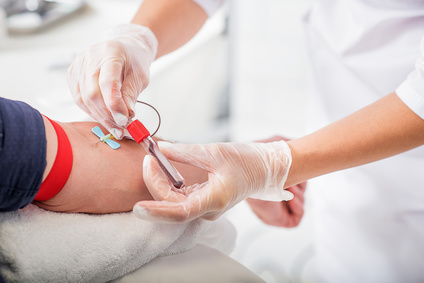Preventing bacterial biofilm formation on catheters with nanoparticles

In new work, researchers have demonstrated that nitric-oxide releasing nanoparticles interfere with Staphylococcus aureus (S. aureus) adhesion and prevent biofilm formation on a rat central venous catheters model of infection. Intravenous catheters, particularly, central venous catheters (CVC), are utilized extensively in the care of patients. Unfortunately, there are over 250,000 CVC-related infections annually in the United States. According to the U.S. Center for Disease Control, between 12% and 25% of patients who acquire catheter-related bloodstream infection (CRBSI) die; many others have extended hospital stays, and increased overall treatment costs (a single incident of CRBSI can cost as much as US$ 56,000 to treat according to some studies, once the cost of pharmacy charges, catheter changes, lab tests and an additional day in the ICU are added up).
S. aureus is frequently isolated in the setting of infections of CVCs and this bacterium avidly forms biofilms, which enhances bacterial resistance to medicine's current armament of antimicrobial agents and highlights the need for innovative approaches to combatting this growing threat.
"Nitric oxide (NO) is a diatomic, lipophilic gaseous molecule produced by numerous cells that is involved in cellular signaling, vascular modulation and homeostasis, immune function, pro- and anti-inflammatory properties, and importantly, has bactericidal and bacteriostatic properties. The researchers demonstrate that a well studied nitric oxide-releasing nanoparticle platform (NO-np) has the potential to reduce the incidence and/or treat CVC infections."
The investigators examined the formation of staphylococcal biofilms by confocal and scanning electron microscopy and found that treatment of staphylococcal biofilms with NO-np significantly reduced biofilm thickness and bacterial number compared to control biofilms. The study used in vitro models as well as a rat CVC model.
The NO-np technology is currently being commercialized for a broad range of medical applications by Nano BioMed Inc.